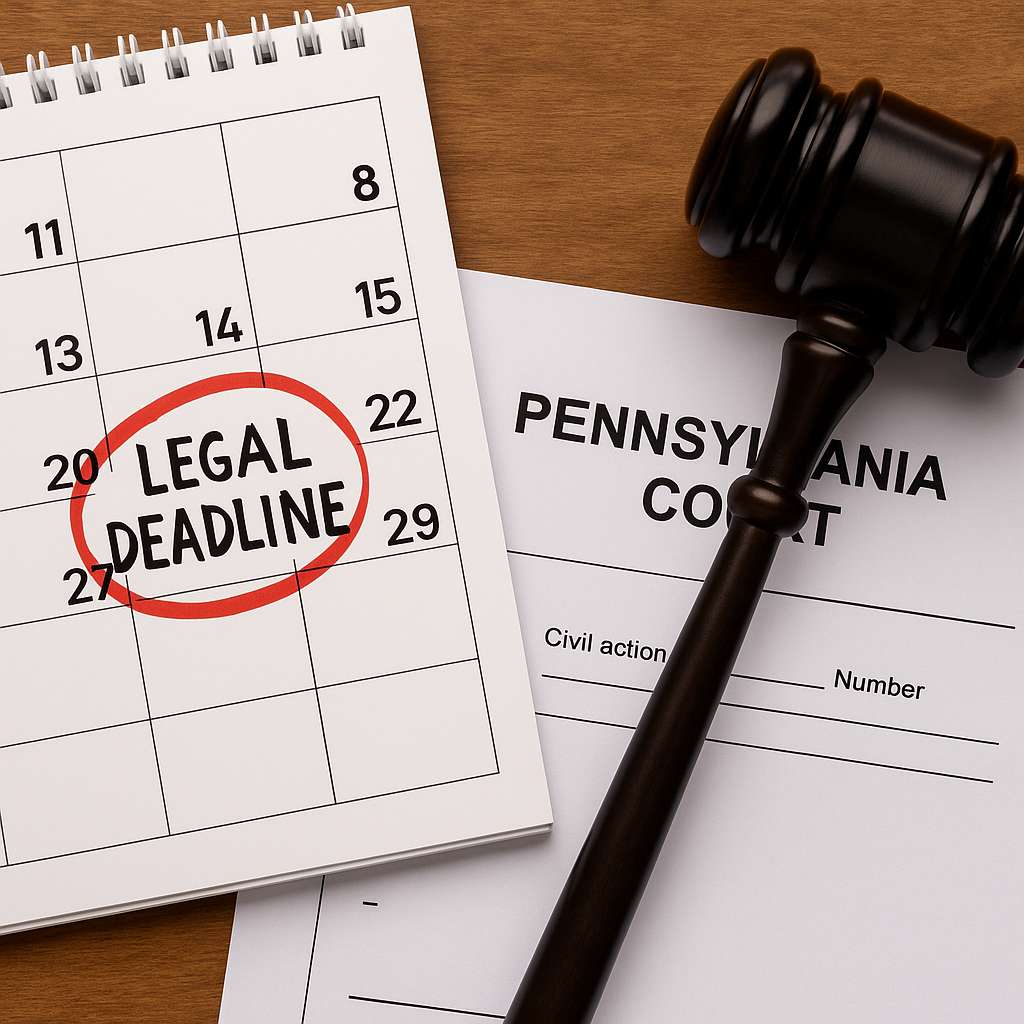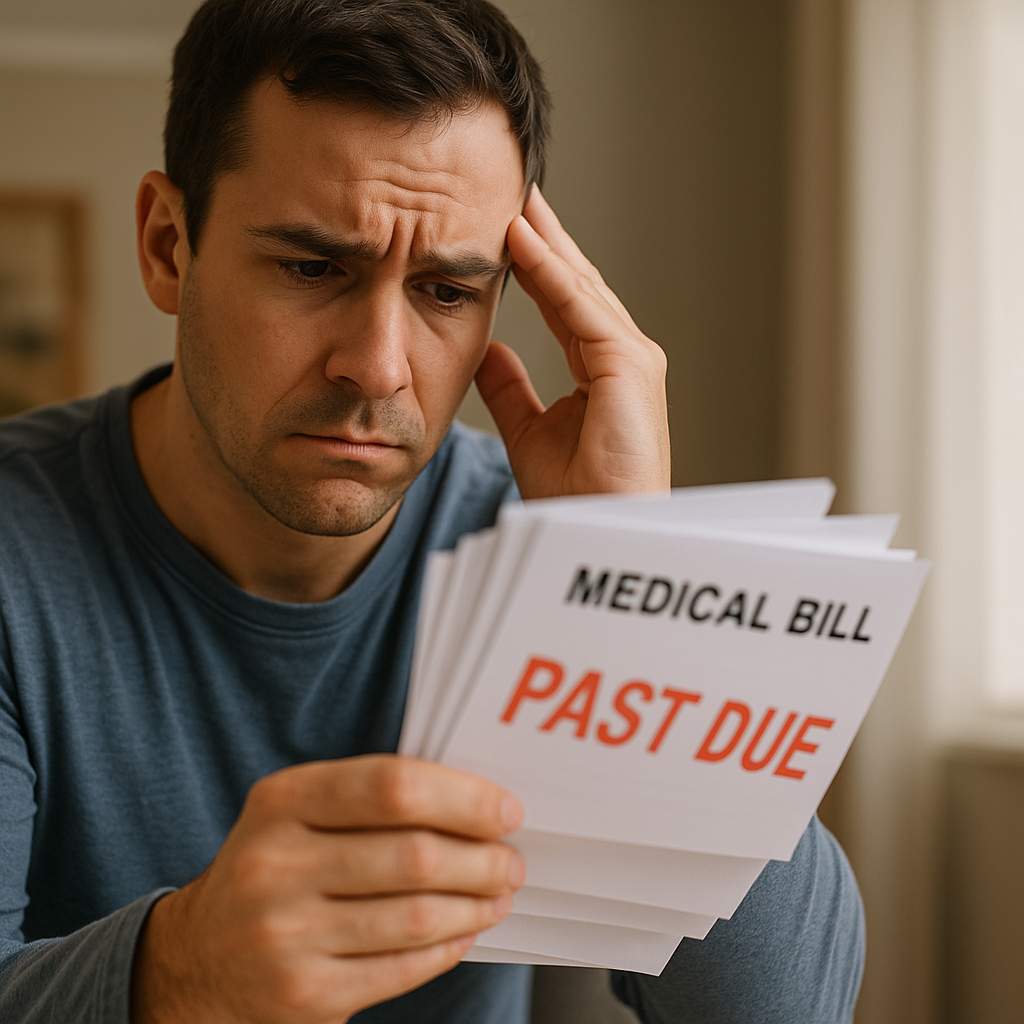Introduction
Injured in Philadelphia? Accidents happen quickly—on highways, icy sidewalks, or job sites. The moments after a crash can be overwhelming. That’s why knowing what to do after an accident Philadelphia is crucial. This guide explains what to do after a crash, fall, or injury. Each step helps you protect your health, rights, and financial future.
Step 1: Prioritize Your Health After an Accident in Philadelphia:
First and foremost, your health and safety should be your top priority after an accident. Even if you don’t feel pain right away, some injuries—like concussions, whiplash, and internal bleeding—can take hours or days to show symptoms.
✔ Call 911 if you or anyone else is seriously injured.
✔ Visit a doctor as soon as possible, even for minor injuries.
✔ Keep all medical records and bills, as they will be crucial evidence in your case.
⏩ Pro Tip: If you delay medical care, insurance companies may argue that your injuries weren’t serious. Insurance companies use treatment gaps to question your injuries. They may argue the accident did not cause your condition. In addition, adjusters may use your social media posts against your claim
The Hidden Costs of a Personal Injury: What Victims in Philadelphia Need to Know
Step 2: What to Do After an Accident Philadelphia – Legal Checklist for Victims
Above all, strong documentation can make or break your personal injury claim. If you are physically able, take the following steps at the accident scene:
🔹 Take Photos and Videos – Capture vehicle damage, road conditions, visible injuries, and property damage from multiple angles.
🔹 Get Witness Contact Info – Eyewitnesses can help corroborate your version of events.
🔹 Write Down Details – Note the date, time, location, weather conditions, and how the accident happened.
🔹 Keep a Pain Journal – Document your daily pain levels and emotional distress caused by the accident.
That’s why knowing exactly what to do after an accident in Philadelphia is so important.
⏩ Pro Tip: The more evidence you have, the stronger your case will be when negotiating a settlement or going to trial.
5 Essential Photos You Should Take After a Car Accident
Step 3: File a Police Report (If Applicable)
In many cases, filing a police report is essential. It serves as an official record of the accident and can provide valuable evidence for your claim.
At this stage, many people wonder what to do after an accident
When to Call the Police:
✔ Car Accidents – Required by law in Pennsylvania if injuries or significant damages occur.
✔ Slip and Fall – Report the incident to the property owner or store manager.
✔ Workplace Injuries – Notify your supervisor or HR department immediately.
⏩ Pro Tip: Request a copy of the police report—insurance companies often rely on these reports to determine fault.
Philly Personal Injury Law “Understanding Personal Injury Law in Philadelphia”
Step 4: Know Your Legal Rights to Compensation
If someone else’s negligence caused your injury, you may have the right to seek compensation. Understanding what you’re entitled to helps you recover—physically, emotionally, and financially.
You may be eligible for:
-
Medical expenses – ER visits, surgery, physical therapy, and medications
-
Lost wages – If your injury prevents you from working
-
Pain and suffering – PTSD, anxiety, or chronic pain
-
Property damage – Repairs or replacements for your car or personal items
Pro Tip: Pennsylvania uses a modified comparative negligence rule. You can recover compensation even if you’re partly at fault—so long as you’re less than 51% responsible.
PhillyLegalConnect: Your Independent Ally in Personal Injury Cases
Step 5: Contact a Personal Injury Attorney ASAP
Insurance companies are not on your side—they will try to minimize or deny your claim. Hiring an experienced personal injury lawyer helps you get fair compensation. It also protects you from lowball offers and confusing legal paperwork.
⏩ Pro Tip: Personal injury lawyers work on a contingency basis, meaning you don’t pay unless you win your case.
PhillyLegalConnect helps you understand what to do after an accident in Philadelphia—and connects you with trusted attorneys ready to help.
Step 6: Common Mistakes to Avoid After an Accident in Philadelphia
🚨 Admitting Fault: Never apologize or admit responsibility at the accident scene.
🚨 Delaying Medical Treatment: Gaps in treatment weaken your case.
🚨 Talking to Insurance Adjusters Alone: They will twist your words against you.
🚨 Posting on Social Media: Photos or comments can be used against your claim.
⏩ Pro Tip: Always let your lawyer handle all communications with insurance companies.
When you understand what to do after an accident Philadelphia residents commonly face, you’re better prepared.
https://www.forbes.com/advisor/legal/auto-accident/what-do-after-car-accident-not-your-fault/
Final Thoughts: What to Do After an Accident in Philadelphia
Knowing what to do after an accident can protect your health, your legal rights, and your financial future. The most important step you can take is to speak with an experienced personal injury attorney who can fight for the compensation you deserve. When you know what to do after an accident in Philadelphia, you take control of your recovery and your legal outcome.
Accidents often disrupt your routine, drain your finances, and shake your peace of mind. For this reason, knowing your legal options early can make all the difference.
Philly Legal Connect is a legal information platform designed to provide news, analysis, and general insights into legal matters. We are not a law firm, therefore, do not provide legal representation or legal advice. Any information provided on this website is for educational and informational purposes only. It should not be interpreted as legal advice. If you require legal assistance, we strongly recommend consulting a licensed attorney in your jurisdiction. Use of this website does not create an attorney-client relationship.
Philadelphia Accident FAQ: Your Legal Questions Answered
Frequently Asked Questions
What should I do immediately after an accident in Philadelphia?
Call 911 right away. Get medical help and start documenting the scene with photos and witness contacts.
Do I need a police report after a crash?
Yes. In Pennsylvania, a report is required if anyone is injured or property is damaged. Be sure to get a copy.
What if I’m partly at fault for the accident?
You can still recover damages if you are less than 51% responsible, under Pennsylvania’s modified comparative negligence law.
When should I speak to a personal injury lawyer?
Right away. A local attorney helps protect your rights and maximizes your compensation from insurers.
What damages can I claim?
You may be entitled to medical costs, lost income, pain and suffering, and repairs to your property.



